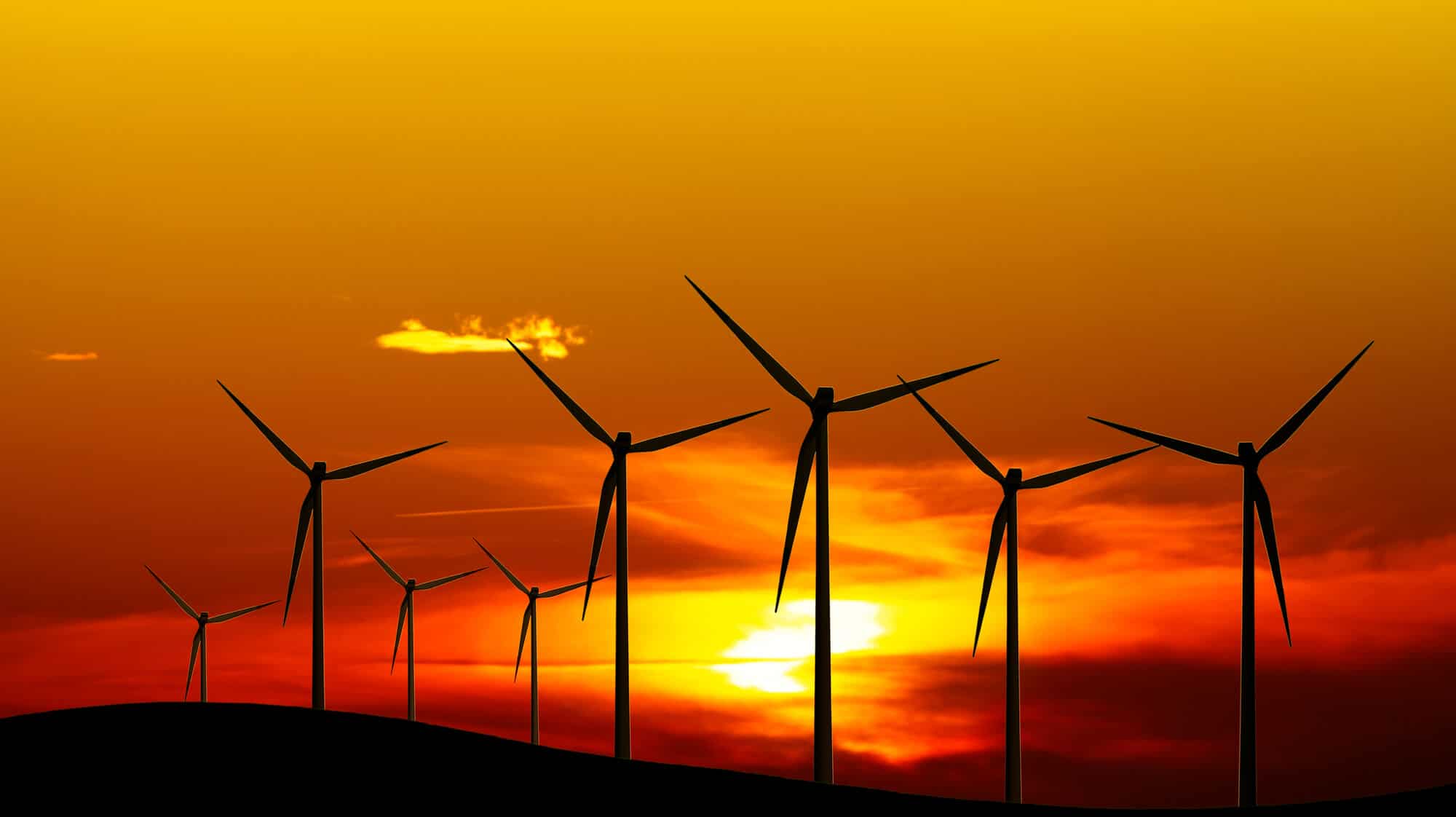Energy conservation is a pertinent topic within contemporary discourse, particularly as global energy demands escalate concomitantly with alarming environmental challenges. Grasping the importance of energy conservation extends beyond the mere implementation of energy-efficient technologies; it encapsulates an array of considerations, from environmental sustainability to economic viability and social responsibility. This discourse endeavors to delineate the multifaceted significance of energy conservation, elucidating its imperative role in our present and future.
Primarily, the foremost benefit of energy conservation is its palpable impact on environmental preservation. The pervasive reliance on fossil fuels not only exacerbates greenhouse gas emissions but also contributes to ecological degradation. By curtailing energy consumption, we limit the demand for energy production, subsequently reducing carbon footprints and mitigating climate change impacts. The scientific community consistently underscores the correlation between increased energy efficiency and diminished pollution levels. The adoption of renewable energy sources, coupled with conservation measures, plays a pivotal role in advancing sustainable practices essential for maintaining ecological equilibrium.
Energy conservation also engenders significant economic advantages. On an individual level, reducing energy consumption directly translates to decreased utility bills, thereby enhancing household savings. Furthermore, when viewed from a macroeconomic perspective, energy conservation can alleviate pressure on energy markets, potentially stabilizing prices. Governments that invest in energy efficiency programs witness a multifaceted return on investment, manifesting in job creation within the green sector, increased competitive advantage for industries, and enhanced overall economic resilience. Reallocating resources saved from energy conservation initiatives can then stimulate other areas of the economy, thereby catalyzing growth and innovation.
Another paramount consideration in the importance of energy conservation is its ramifications for national security. As nations strive to ensure their energy independence, reducing reliance on imported fossil fuels becomes an imperative strategy. By fostering energy-efficient practices and diversifying energy sources, countries can fortify their energy security. The geopolitical complexities associated with energy supply chains often lead to vulnerabilities, thus prioritizing energy conservation becomes an essential element of a comprehensive national security strategy.
The role of energy conservation in fostering social equity is another noteworthy aspect. Access to energy is a critical determinant of quality of life, yet millions of people continue to lack reliable and affordable energy resources. Energy conservation can help bridge this divide by promoting technologies and practices that empower underserved communities. Efforts such as community solar projects and energy efficiency retrofitting initiatives can be pivotal in extending energy access, thereby enhancing equity and inclusion.
In the academic arena, extensive research underscores the critical need for behavioral change in energy consumption habits. Educational campaigns aimed at encouraging energy conservation foster a culture of awareness and responsibility. Behavioral economics highlights that individuals are more likely to engage in energy-saving behaviors when they comprehend the immediate benefits, both personally and societally. Intriguingly, the psychology of energy conservation delves into how knowledge, attitudes, and social influences can catalyze shifts in consumption patterns. By fostering an ethos of conservation, society cultivates a collective commitment to sustainable living.
Technological advancements have further propelled the energy conservation agenda. Innovations such as smart grids, energy-efficient appliances, and building automation systems represent the forefront of energy-saving technology. These tools empower users to monitor and manage their energy usage more effectively. The integration of Internet of Things (IoT) technology into homes and businesses provides real-time data analytics, enabling informed decision-making regarding energy use. This convergence of technology and conservation serves not only to augment efficiency but also to create a feedback loop wherein consumers are encouraged to adopt more sustainable practices.
Additionally, the importance of energy conservation is intimately connected to its implications for future generations. The concept of intergenerational equity posits that current generations have an obligation to preserve resources for the benefit of those who will inherit the planet. As natural resources dwindle due to unchecked consumption, the imperative for sustainable practices becomes ever more pressing. Energy conservation serves as an ethical framework, advocating for responsible stewardship of resources that will enable future societies to thrive.
Moreover, the global dimension of energy conservation cannot be overlooked. Climate change transcends national borders; thus, collective action is essential. International agreements, such as the Paris Accord, stress collaborative efforts in reducing energy consumption and transitioning to renewable energy sources. Countries are increasingly recognizing that energy conservation is not merely a local issue but a global imperative—one that requires shared responsibility and mutual collaboration to address a common crisis.
In conclusion, the significance of energy conservation transcends mere pragmatism; it is a multifaceted approach that interlinks environmental sustainability, economic stability, social justice, and ethical responsibility. The imperative to conserve energy resonates at individual, community, national, and global levels. As we advance further into the 21st century, the commitment to energy conservation must remain paramount, ensuring a viable and sustainable future for generations to come. The confluence of technology, education, and policy will be instrumental in shaping practices that not only conserve energy but also enhance the quality of life across the globe. Hence, the call for energy conservation is not simply a challenge—it’s an opportunity for collective transformation and holistic progress.










